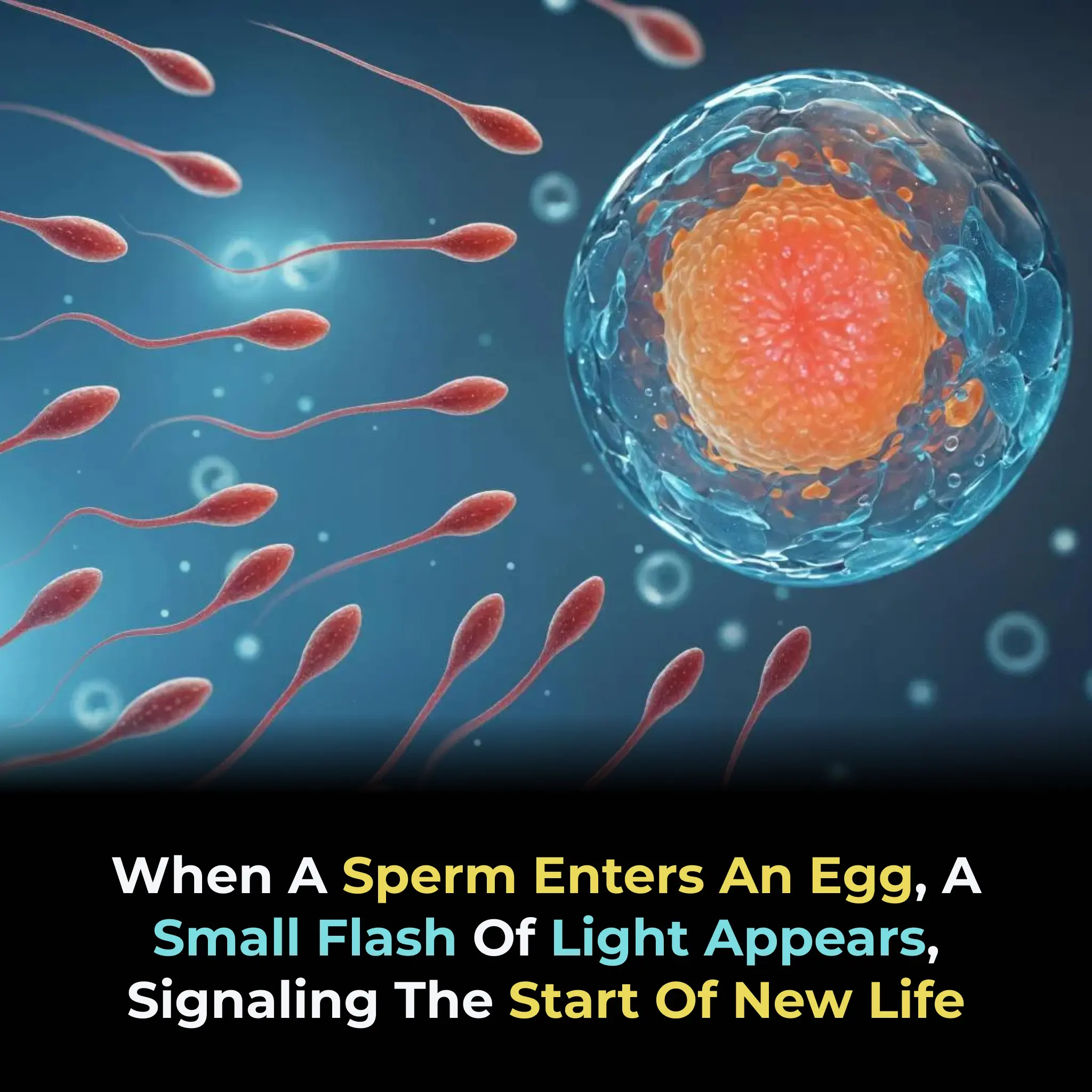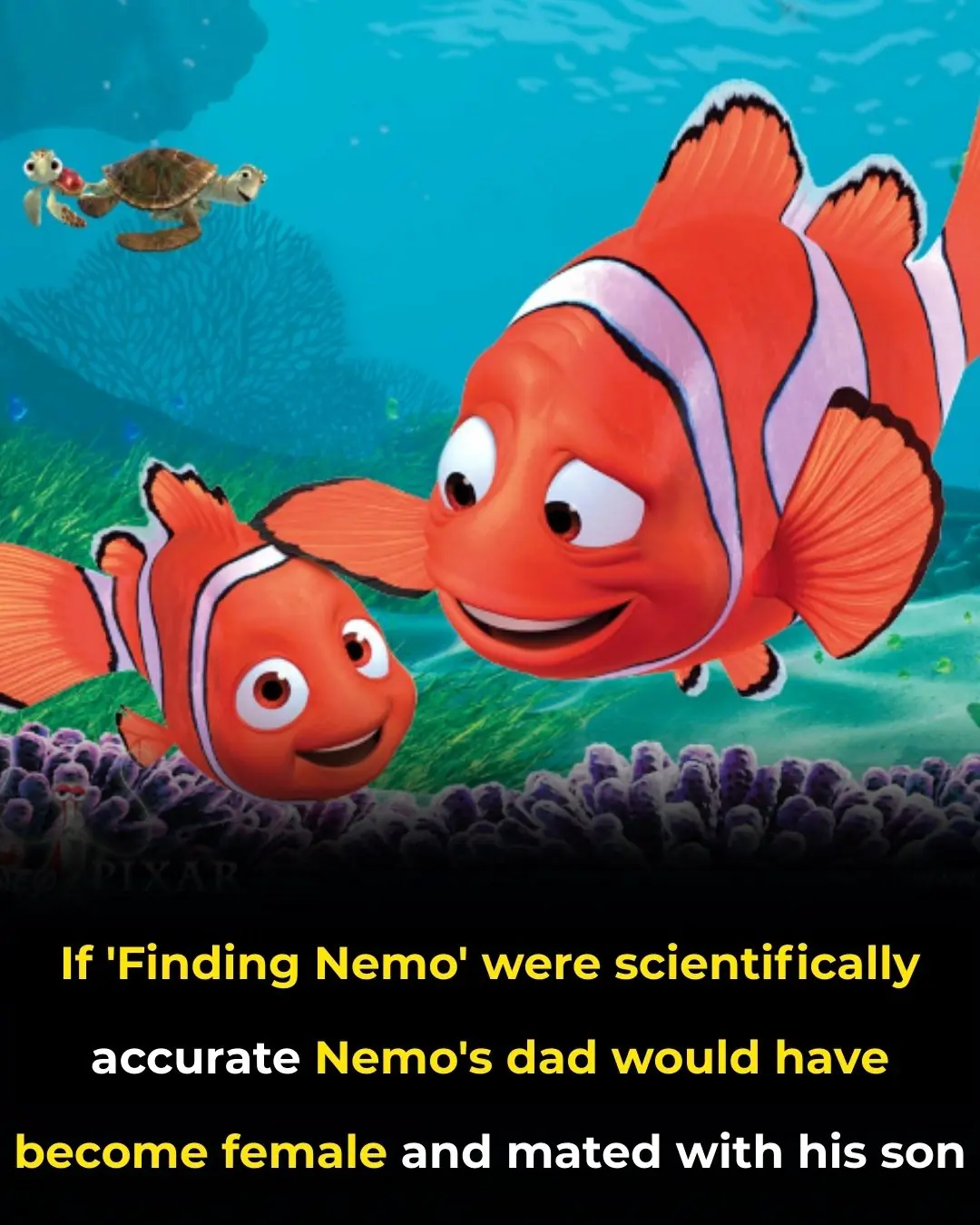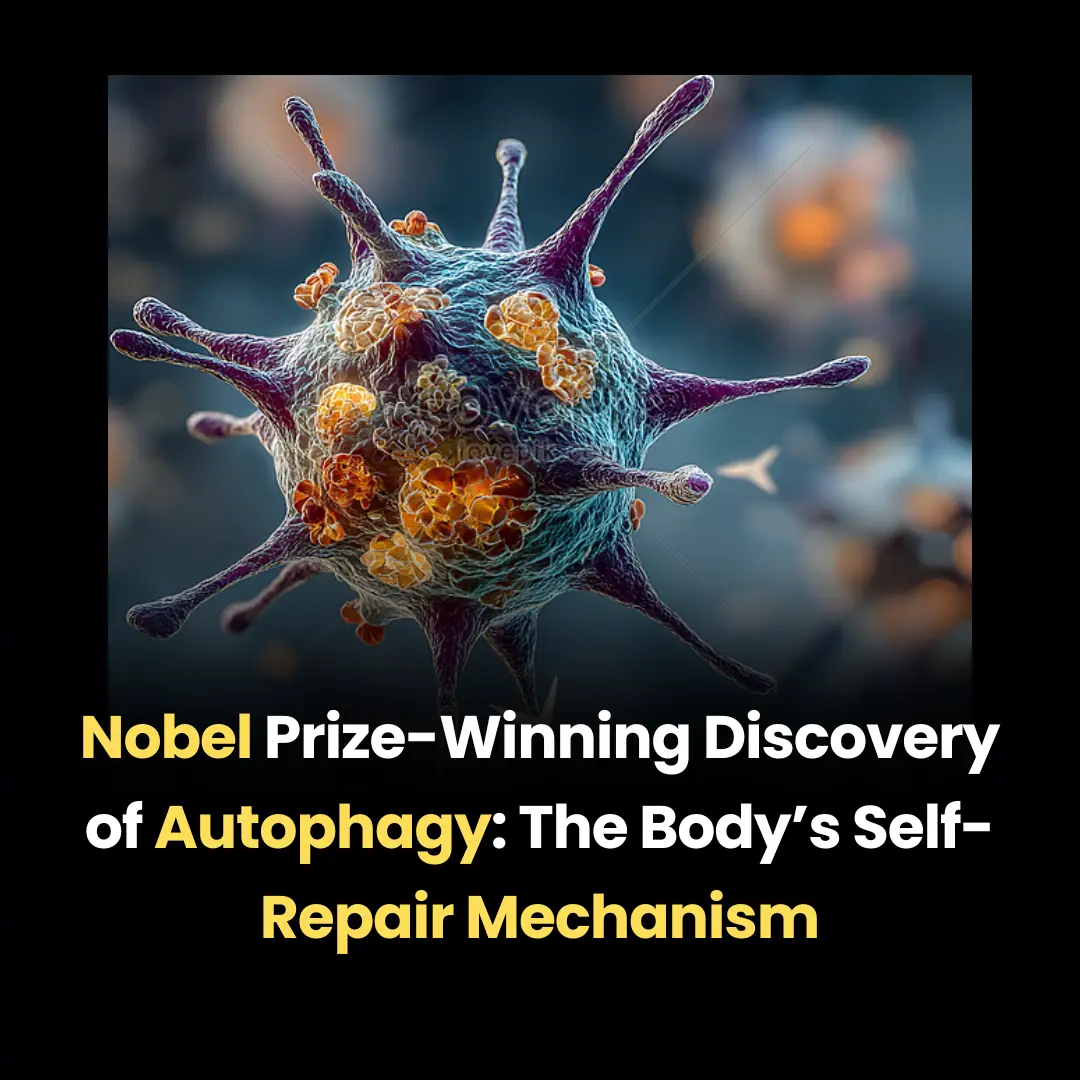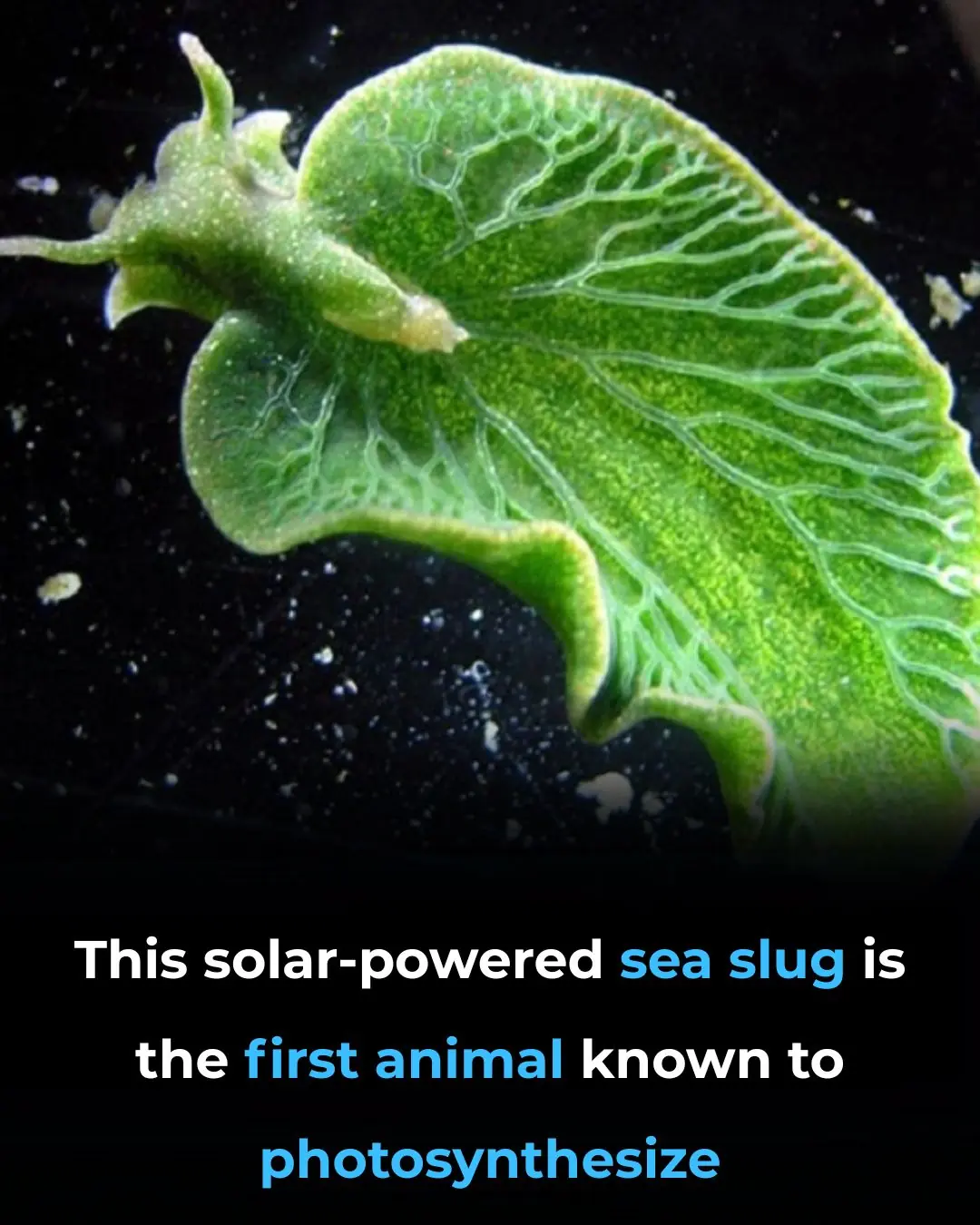
When Mating Turns Dangerous: The Fierce Behavior of the Sydney Octopus
Biologists studying Octopus tetricus—often called the Sydney octopus—have documented a striking and surprisingly aggressive pattern during mating encounters. Female octopuses have been observed strangling, striking, and in some cases even consuming males that refuse to retreat after an attempted mating. For animals already known for their intelligence and complexity, this behavior adds another dramatic layer to their reputation.
Researchers note that this isn’t random violence. Instead, it appears to be a combination of dominance, stress management, territorial defense, and self-protection. In many octopus species, females control the den and the surrounding area, and males that push too far risk provoking defensive responses. What’s notable in recent field studies is how clearly and frequently this aggressive behavior has been recorded, offering rare direct evidence rather than anecdotal reports.
According to scientists working at the Sydney Institute of Marine Science and marine biologists interviewed by outlets like National Geographic and the Smithsonian, sexual conflict is common across cephalopod species. In fact, female-on-male aggression has been documented in several octopus species, often tied to the female’s need to protect herself while guarding eggs or managing high-stress mating attempts. These findings align with broader research published in journals such as Animal Behaviour and the Journal of Molluscan Studies, which highlight that octopus mating strategies can be risky, competitive, and occasionally fatal.
What makes the Sydney octopus particularly fascinating is how bold and visible these behaviors are. Field observations at places like Octopolis—an unusual underwater site where these octopuses congregate—have revealed intense social interactions, including mate rejection, grappling, and dominance displays. Studies led by researchers such as Peter Godfrey-Smith and David Scheel emphasize that these animals exhibit a surprising level of social complexity, making their aggressive mating dynamics even more intriguing.
So while humans might describe a complicated relationship as “messy,” these octopuses take the concept to another level. For them, navigating romance involves strategy, risk, and sometimes lethal consequences. And with clearer footage and more detailed field studies emerging, biologists now have a deeper—and more dramatic—understanding of just how intense octopus courtship can be.
Credible sources referenced:
– National Geographic: Coverage on octopus behavior
– Smithsonian Magazine: Features on cephalopod intelligence and mating
– Sydney Institute of Marine Science: Research on Octopus tetricus
– Godfrey-Smith & Scheel (various publications on Octopolis)
– Animal Behaviour (peer-reviewed journal)
– Journal of Molluscan Studies
News in the same category


A New Dawn for Chronic Kidney Disease Treatment: From Management to Possible Remission

A Butterfly, A Flute, and Unshakable Composure: The Legendary Performance of Yukie Ota

Felix Baumgartner's Record-Breaking Jump: Breaking the Sound Barrier from Space

A Pacemaker the Size of a Grain of Rice: Revolutionizing Heart Care

Denmark’s Ground‑Breaking Proposal: Granting Citizens Copyright Over Their Face, Voice and Body to Combat Deepfakes

Science vs. Disney: What Finding Nemo Didn’t Tell You About Clownfish

U.S. Grocery Costs Hit Record High: Families Now Spending Over $1,000 a Month

Welcome to the Monkey Madness: Thailand’s Unforgettable Lopburi Buffet

Why Height Matters So Much in Online Dating — And What the Numbers Reveal

Samsung Outpaces Apple Again — And Why Shipment Volume Still Matters

Thicker Thighs Linked to Lower Risk of Heart Disease and Diabetes, Study Finds

Breakthrough Drug Offers Hope for Restoring Vision by Repairing Nerve Insulation

Nobel Prize-Winning Discovery of Autophagy: The Body’s Self-Repair Mechanism

Dietary RNA: A Key to Slowing Cellular Aging and Promoting Longevity

The Role of Fish Oil Supplementation in Enhancing Fat Loss and Muscle Growth: A Scientifically Supported Approach

Dandelion Root Extract Shows Potential to Eliminate Up to 95% of Cancer Cells in 48 Hours

Meet the Solar-Powered Sea Slug: The First Animal Known to Photosynthesize!

13-Year-Old Boy's Heartwarming Act of Sacrifice: Buying His Mother a Car Through Hard Work and Compassion
News Post

How Europe Says "Street": A Multilingual Journey Through Language and Culture

Never Toss Banana Peels Again: The 2,000-Year-Old “Trash” Trick That Erases Wrinkles, Heals Scars, Whitens Teeth & Drops Blood Pressure Overnight

A New Dawn for Chronic Kidney Disease Treatment: From Management to Possible Remission

A Butterfly, A Flute, and Unshakable Composure: The Legendary Performance of Yukie Ota

The $5 Kitchen Secret: Why You Should Be Brushing Your Teeth with Turmeric and Baking Soda

Felix Baumgartner's Record-Breaking Jump: Breaking the Sound Barrier from Space

A Pacemaker the Size of a Grain of Rice: Revolutionizing Heart Care

Denmark’s Ground‑Breaking Proposal: Granting Citizens Copyright Over Their Face, Voice and Body to Combat Deepfakes

10 DIY Beauty Ice Cubes for Radiant, Glowing Skin

This carb is more damaging to your blood sugar than pure sugar

A neurosurgeon says your legs could predict dementia years before memory loss

Science vs. Disney: What Finding Nemo Didn’t Tell You About Clownfish

U.S. Grocery Costs Hit Record High: Families Now Spending Over $1,000 a Month

Welcome to the Monkey Madness: Thailand’s Unforgettable Lopburi Buffet

Why Height Matters So Much in Online Dating — And What the Numbers Reveal

Samsung Outpaces Apple Again — And Why Shipment Volume Still Matters

The Mighty Dandelion: Nature’s Hidden Treasure

Top 10 Foods to Heal Knee Pain and Rebuild Cartilage Naturally
